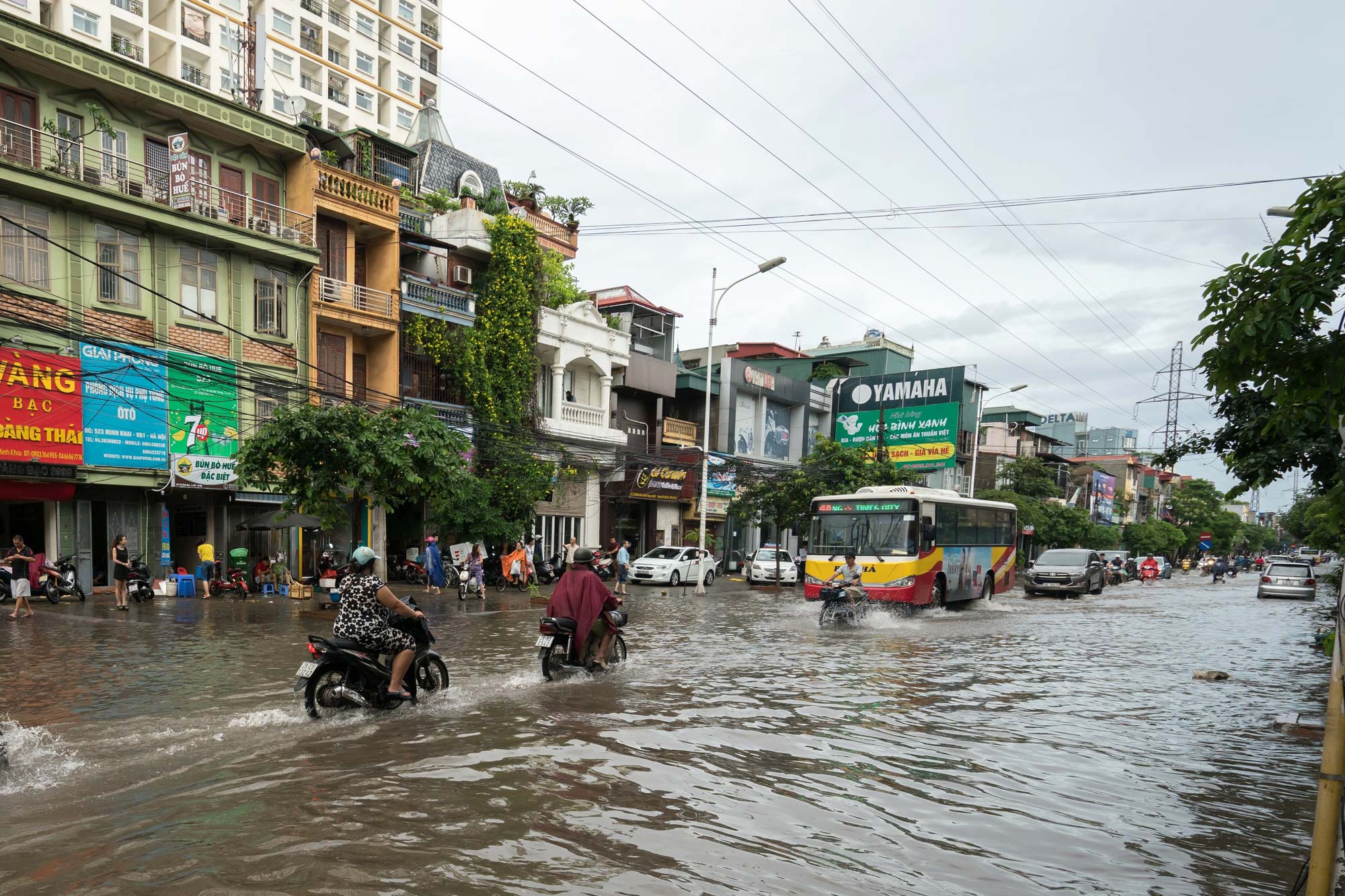Due to climate chane, the frequency and scale of flood events in Vietnam is increasing dramatically. Frequent floods have a clear adverse impact on the country’s ability to eradicate poverty and achieve sustainable development. The overarching aim of this project is to build a decision support tool for optimizing long-term investments in flood mitigation measures in Vietnam. Specifically, the project will focus on minimizing the impacts of flooding on road infrastructure in urban areas.
Research Objectives
- Identify gaps and inefficiencies in current infrastructure investment and maintenance programmes, especially in relation to climate change and flooding issues that affect transport.
- Build a set of future flood scenarios affecting the urban area under study with their associated probability of occurrence based on rainfall predictions, historical data and climate change projections.
- Develop qualitative approaches to evaluate the impact of floods on local communities and the social benefit of avoiding flood damage to road infrastructure. Identify feasible flood-control measures and evaluate their cost and benefits.
- Develop a multi-period optimisation model for strategic, long-term planning of mitigation actions which minimizes the impact of floods on urban road networks over different flood scenarios. Propose a set of economic and sustainable strategies for investing in flood avoidance and damage mitigation that are robust to climate change and rapid urbanization.
- Apply the developed methodology to the City of Hanoi. Integrate the research results into future planning and interventions.
